Summaries of books about Philosophy:

The Wisdom of Life
Arthur Schopenhauer
The book presents a philosophical examination of what constitutes a good life, exploring the role of wealth, personality, beauty, and intellect in achieving personal happiness and satisfaction. It offers guidance on how to maximize well-being through the cultivation of one's own strengths and the prudent management of life's challenges.
See full summary
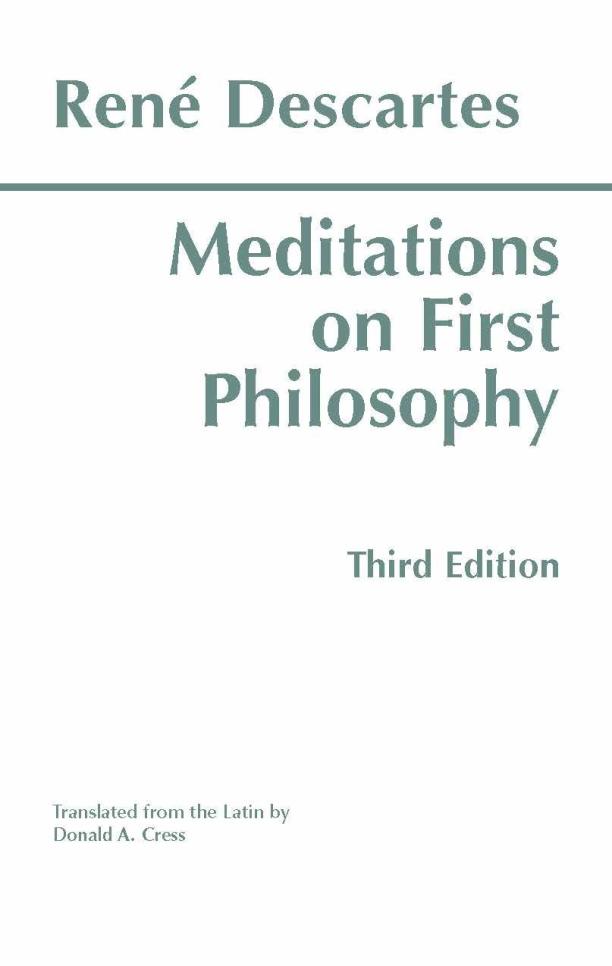
Meditations on First Philosophy
René Descartes
The book presents Descartes' philosophical exploration of fundamental questions regarding existence, knowledge, and the nature of reality. It introduces his famous dictum "Cogito, ergo sum" (I think, therefore I am) and lays the groundwork for modern philosophy with his methodical doubt and arguments for the existence of God and the immortality of the soul.
See full summary
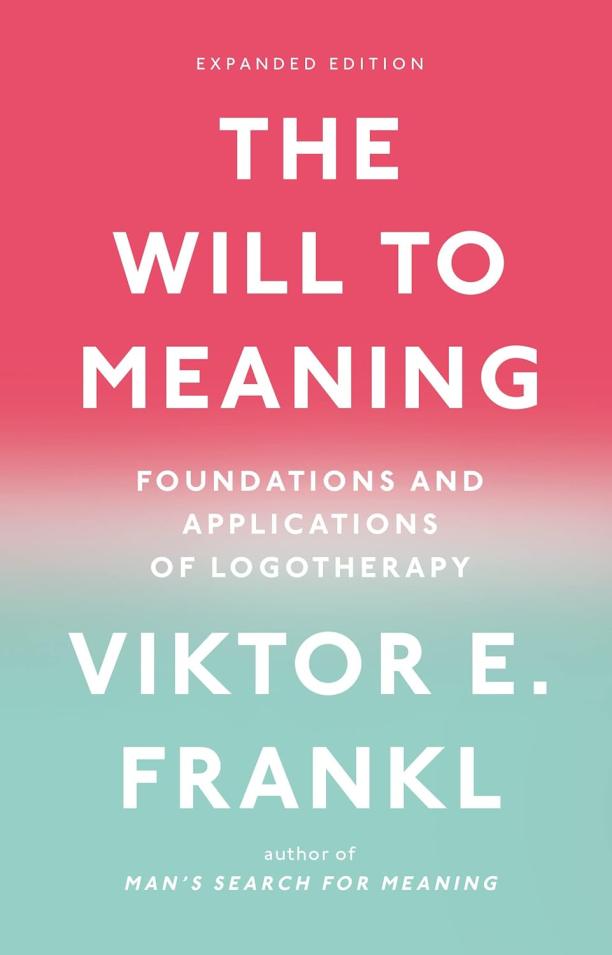
The Will to Meaning
Foundations and Applications of Logotherapy
Viktor E. Frankl
The book explores the concept of logotherapy, a form of existential analysis that emphasizes the human search for meaning as the primary motivational force in life. It discusses the theoretical foundations of this approach and its practical applications in various settings, including counseling, therapy, and personal growth.
See full summary
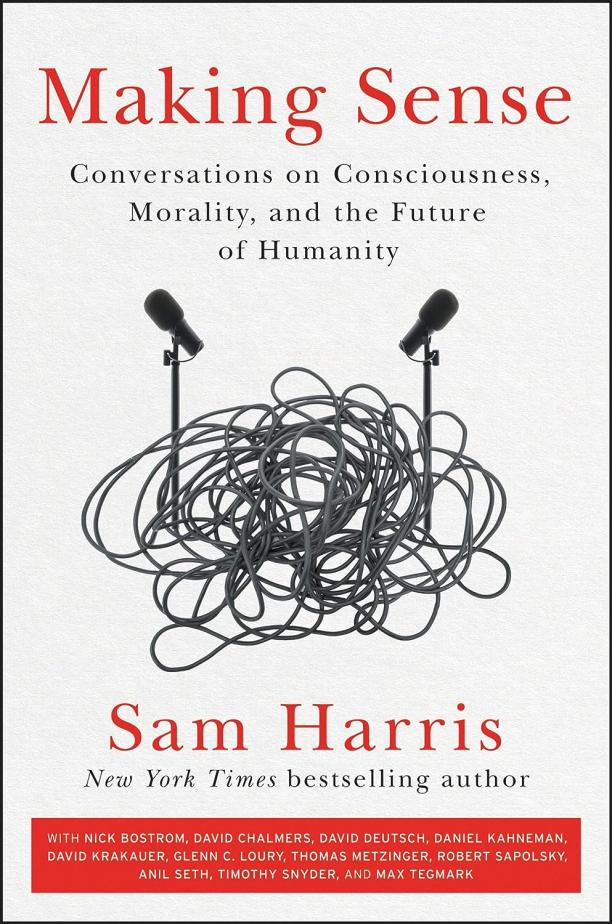
Making Sense
Conversations on Consciousness, Morality, and the Future of Humanity
Sam Harris
The book is a collection of intellectually stimulating interviews and conversations with leading thinkers on topics such as consciousness, morality, technology, religion, and politics. It explores deep questions about the human mind, ethics, and the trajectory of our species, offering insights into how we might navigate the challenges of the future.
See full summary
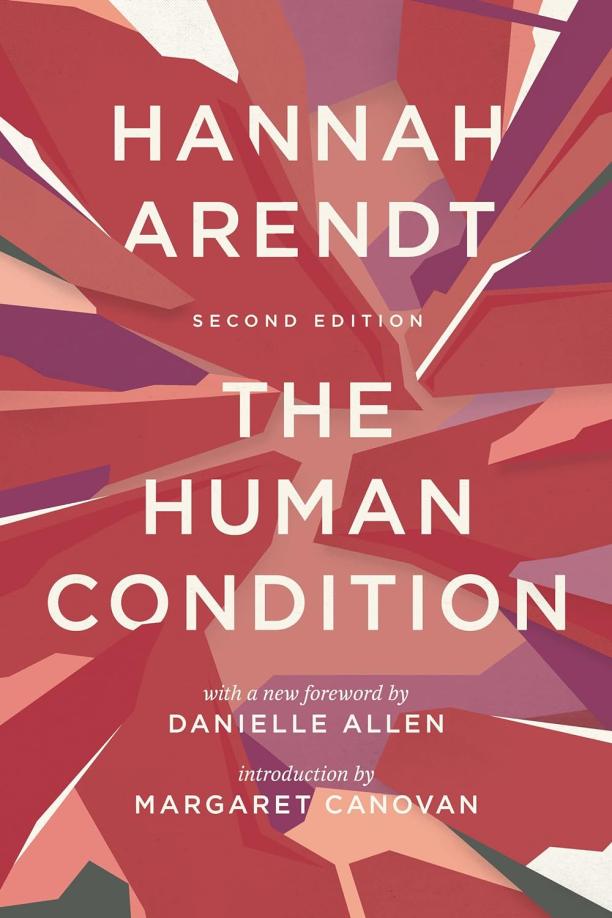
The Human Condition
Second Edition
Hannah Arendt
The book explores the nature of human activities—labor, work, and action—and their corresponding societal realms. It delves into the historical development of the modern world and the crises of the twentieth century, examining the loss of public space for individuals to participate in political action.
See full summary
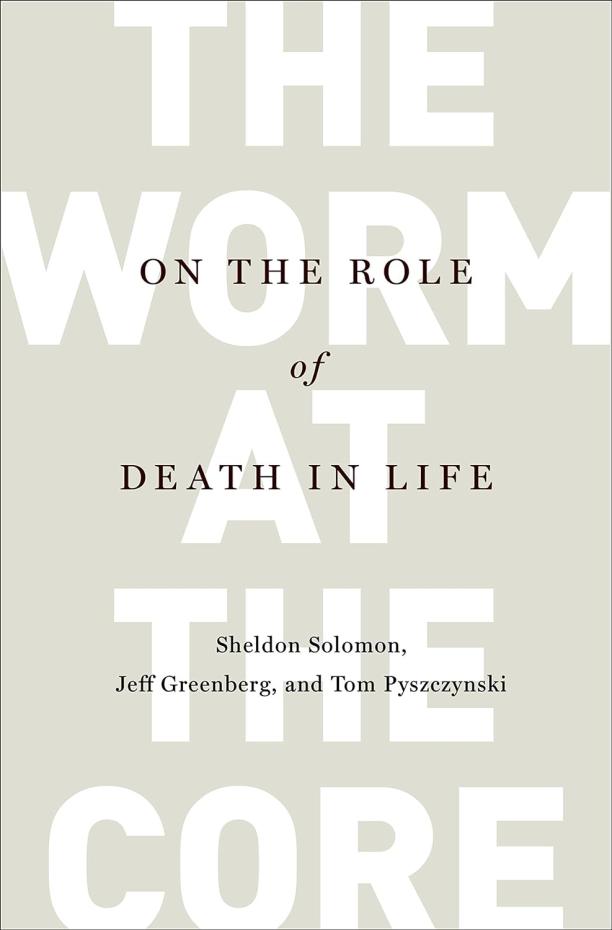
The Worm at the Core
On the Role of Death in Life
Sheldon Solomon|Jeff Greenberg|Tom Pyszczynski
The book delves into the psychological influence of the fear of death on human behavior, drawing from the principles of terror management theory. It explores how the awareness of mortality shapes our actions, beliefs, and cultural norms, arguing that much of human civilization is an attempt to manage the terror of death.
See full summary
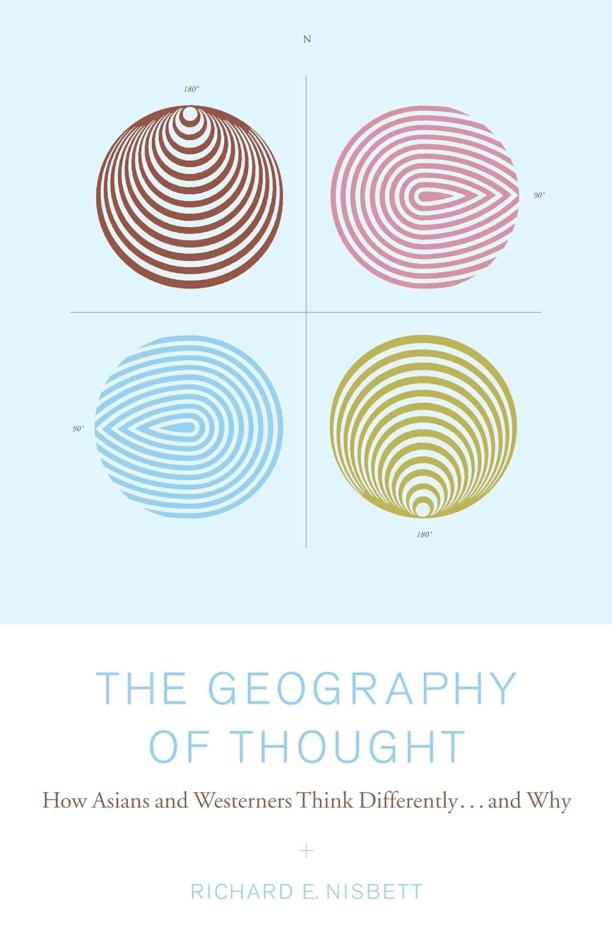
The Geography of Thought
How Asians and Westerners Think Differently...and why
Richard E. Nisbett
The book explores the cognitive differences between East Asian and Western cultures, attributing them to ancient philosophical traditions and social practices. It presents evidence from psychological studies to argue that these cultural legacies result in distinct patterns of thought, perception, and reasoning in individuals from these regions.
See full summary
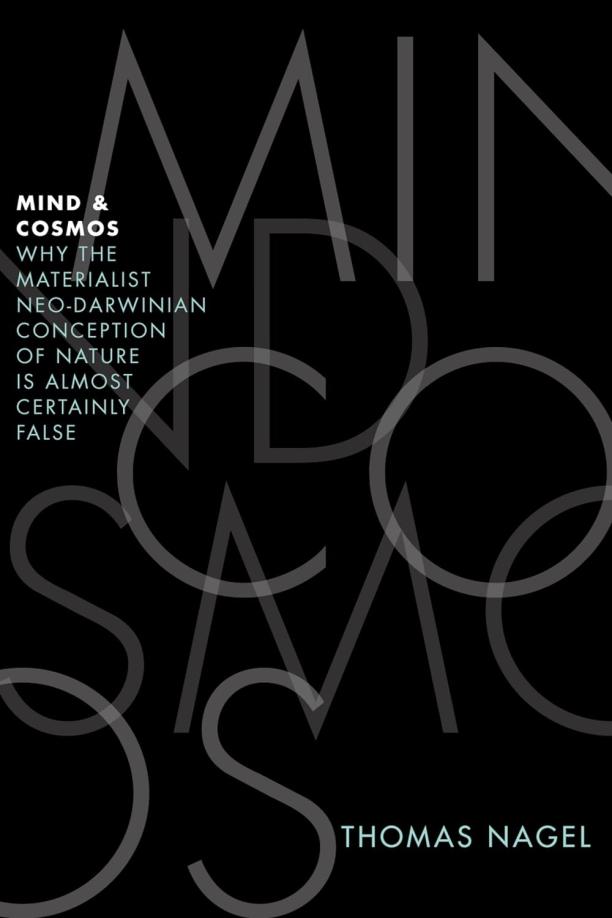
Mind and Cosmos
Why the Materialist Neo-Darwinian Conception of Nature Is Almost Certainly False
Thomas Nagel
The book challenges the widely accepted materialistic view of the universe, particularly criticizing the neo-Darwinian framework of evolution for failing to account for consciousness, reason, and value. It argues for a teleological, non-reductive understanding of nature that includes mind as a fundamental aspect of the cosmos.
See full summary
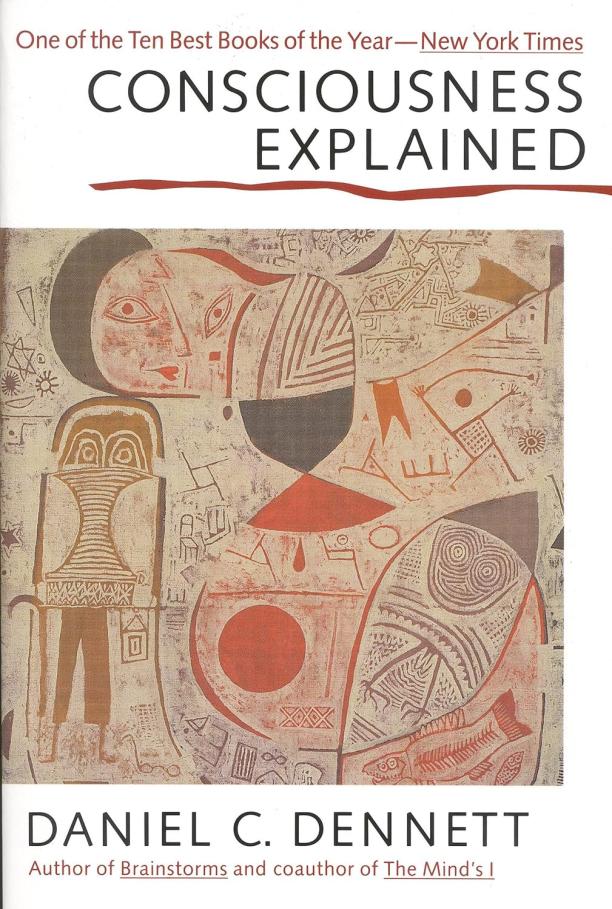
Consciousness Explained
Daniel C. Dennett
The book presents a detailed theory of consciousness, combining insights from philosophy, neuroscience, and psychology to argue against the traditional notion of a central "Cartesian Theater" where consciousness happens. Instead, it proposes the "Multiple Drafts Model," suggesting that consciousness is the result of various parallel processes and interpretations occurring in the brain without a central narrative.
See full summary

Philosophy for Life and Other Dangerous Situations
Ancient Philosophy for Modern Problems
Jules Evans
The book explores how ancient philosophies like Stoicism, Epicureanism, and Socratic dialogue can provide practical guidance for contemporary challenges and personal growth. It presents historical insights and real-life examples to show how these philosophical teachings can help individuals lead more resilient, fulfilling lives amidst modern dangers and dilemmas.
See full summary